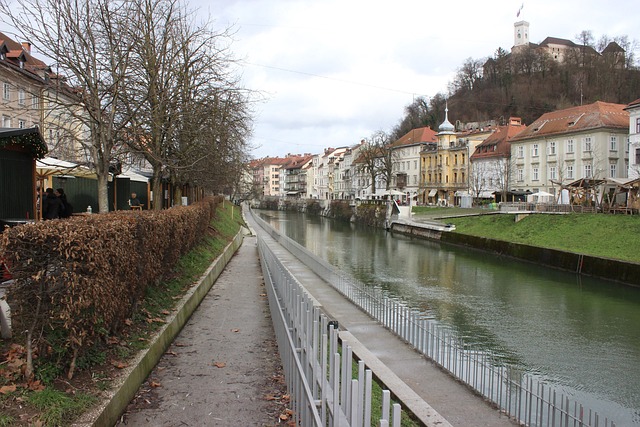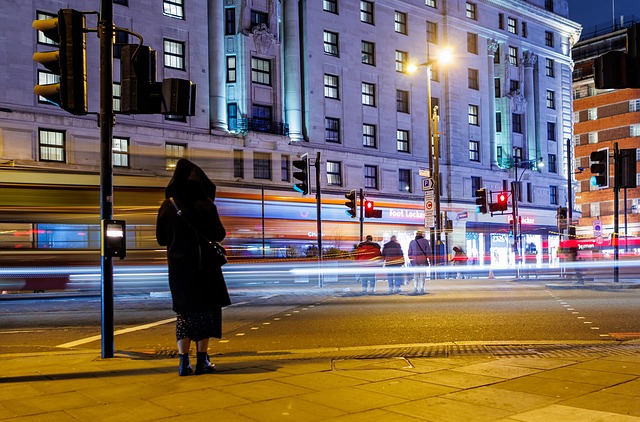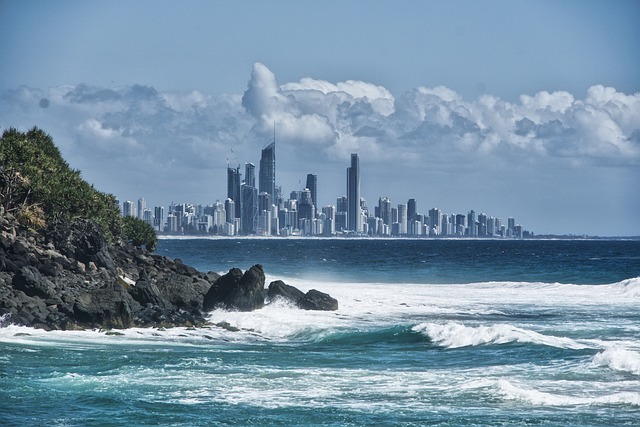“Karachi, Pakistan’s bustling metropolis, presents a unique challenge in waste management. This article explores the intricate world of recycling centers in Landhi, an area known for its vibrant yet complex recycling ecosystem. We delve into how these centers play a pivotal role in shaping Karachi’s environmental narrative by transforming waste into valuable resources. From understanding the current landscape to unearthing initiatives and challenges, this comprehensive overview highlights the potential for enhancing sustainable practices in one of South Asia’s most populous cities.”
- Understanding Karachi's Recycling Landscape: An Overview
- The Role and Impact of Landhi Recycling Centers
- Initiatives and Challenges in Enhancing Sustainable Practices
Understanding Karachi's Recycling Landscape: An Overview

Karachi, as Pakistan’s economic powerhouse, presents a unique recycling landscape. The city’s diverse industries and bustling markets generate a substantial volume of waste, demanding efficient management strategies. Understanding this intricate web involves recognizing the various types of waste generated across different sectors, from residential to commercial and industrial sources.
Navigating Karachi’s recycling ecosystem requires an awareness of both formal and informal practices. Organized recycling centers play a vital role, accepting materials like paper, plastic, glass, and metal for processing and repurposing. In contrast, informal sectors, often characterized by local scavengers and small-scale processors, handle a significant portion, contributing to the city’s complex waste management picture.
The Role and Impact of Landhi Recycling Centers

Landhi Recycling Centers play a pivotal role in shaping Karachi’s environmental landscape. These facilities act as backbone in managing and processing vast amounts of waste generated by Pakistan’s largest metropolis. By adopting sustainable practices, they contribute significantly to reducing the city’s carbon footprint.
The impact of these centers extends beyond ecological preservation; they also foster economic growth. Local communities find employment opportunities through sorting, recycling, and selling materials like plastic, glass, and paper. This circular economy approach not only reduces dependence on raw resources but also ensures a cleaner, greener Karachi for future generations.
Initiatives and Challenges in Enhancing Sustainable Practices

In Karachi, recycling centers like Landhi play a pivotal role in enhancing sustainable practices. Initiatives such as the introduction of comprehensive waste management programs and the establishment of dedicated sorting facilities have significantly contributed to the city’s environmental efforts. These measures not only encourage citizens to adopt eco-friendly habits but also ensure that materials are properly processed for reuse.
However, challenges remain in fully realizing the potential of recycling in Karachi. The primary obstacles include inadequate infrastructure, limited awareness among the population, and inefficient collection systems. Overcoming these hurdles requires collective efforts from local authorities, businesses, and communities. By implementing innovative solutions, increasing public education, and streamlining waste collection processes, Karachi can move towards a more sustainable future while ensuring that its recycling centers like Landhi operate at maximum efficiency.

Leave a Reply
You must be logged in to post a comment.